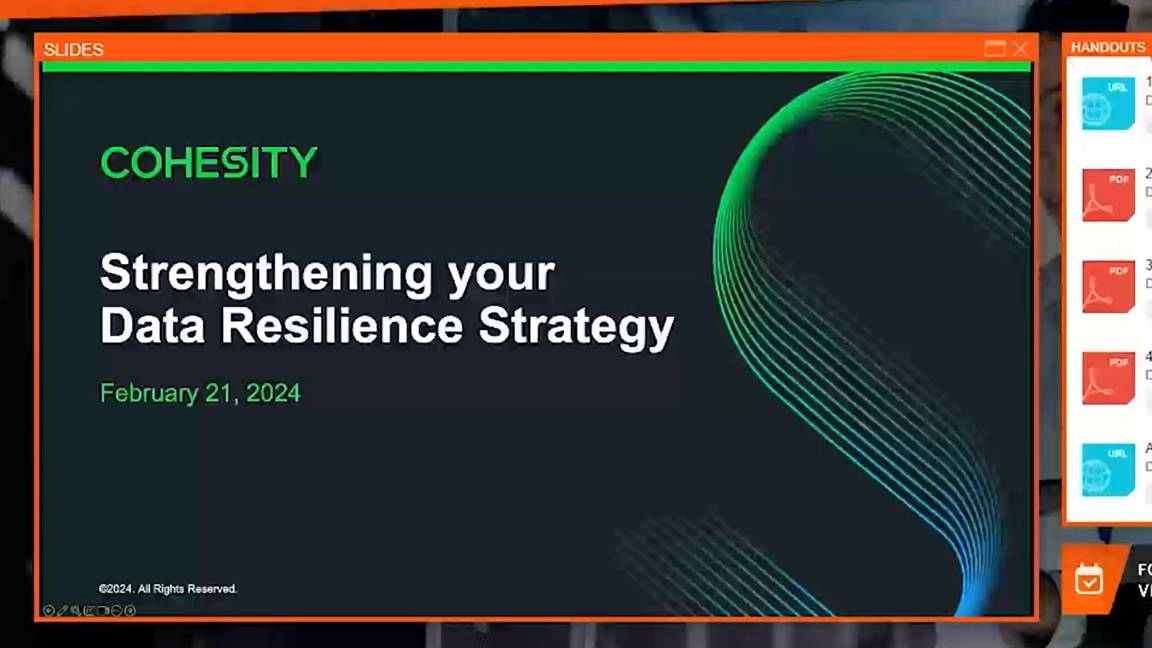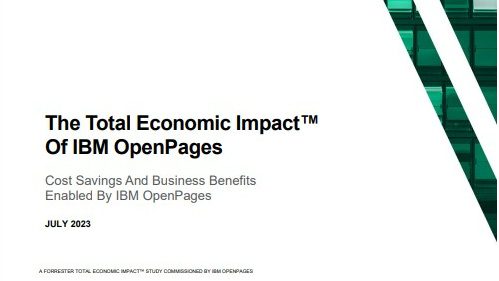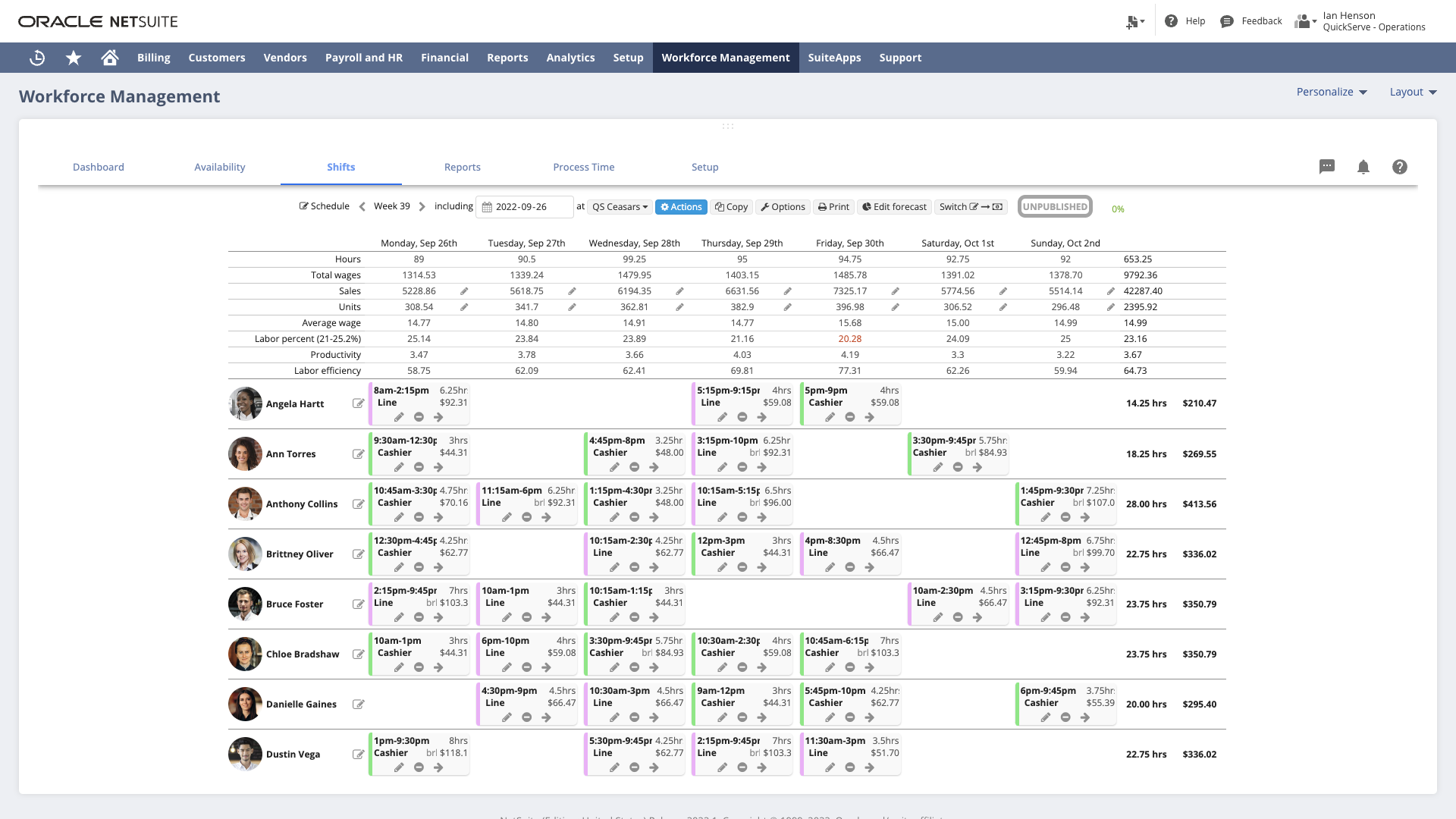Doncaster Council saves £2m with Advanced cloud finance system
Local authority kills mainframe and paper processes after adopting Advanced

Doncaster Metropolitan Borough Council (MBC) claims to have saved £2 million by implementing an Advanced financial management system back in 2013.
The council opted for the e5 finance, procurement management, budgeting and forecasting solution, dubbed Collaborative Planning, while document management software was provided through V1. The software is all hosted in the cloud by Advanced.
Steve Brown, financial systems manager at Doncaster MBC, said the council had previously been heavily reliant on paper and Excel-based systems, with manual data entry required for numerous solutions.
The council, which serves more than 300,000 citizens, selected the system from Advanced for several reasons. Brown told Cloud Pro that Advanced's "very competitive price" and "flexible approach" made the implementation work within a local government context.
Brown declined to say which other products were considered, but said that there up to 10 providers on the Local Government Sprint II framework, including sector leaders, were invited to bid for the contract.
Out with the old
Previously the council had a solution for general ledger and processing supplier invoices as well as a bespoke mainframe for raising invoices and managing debt collection, while its spreadsheets for bank reconciliations and purchase management processes were paper-based or non-existent.
Get the ITPro daily newsletter
Sign up today and you will receive a free copy of our Future Focus 2025 report - the leading guidance on AI, cybersecurity and other IT challenges as per 700+ senior executives
Using e5 for its general ledger system, Doncaster MBC now "has a single version of the truth", said Brown, giving staff access to one accurate, up-to-date source of data.
"With electronic purchase-to-pay processes we have greater visibility of spend and can ensure compliance. By choosing to have our solutions hosted by Advanced we were able to take advantage of their resources and expertise on this complex project," he added.
Automation has played a big part in improving processes - requisitions are raised within eProcurement, which automatically updates the general ledger in e5. Meanwhile, invoices received by suppliers are scanned using Optical Character Recognition (OCR) technology with V1 Capture, and matched to the purchase order within e5 to be processed for payment.
Documents are electronically archived and can be accessed through the finance tool.
The Collaborative Planning tool is used by all financial management staff as well as around 300 budget holders for revenue monitoring and forecasting.
"Our budget holders are empowered to self-serve and manage the budgets themselves, while finance staff are now able to do more analysis to support strategic decisions," Brown explained.
In September 2015, the council gave staff at 50 schools whose payments were processed by the council access to the budgeting and forecasting solution.
This has enabled them to view the data - including access to invoices - without having to wait for monthly reports from the council.
Brown added that from mid-2017 the council will also be using Collaborative Planning for capital monitoring, which is currently managed on spreadsheets.
Money matters
The council has saved £2 million so far as a result of implementing the Advanced tool, with a remaining £100,000 anticipated in the 2016/17 financial year, when new modules and upgraded systems are implemented.
"By implementing this integrated suite of software we have increased visibility and control of finances, streamlined process efficiencies and decommissioned several legacy systems, including a 20-year-old mainframe, which led to reduced licensing and support costs," said Brown.
"We recognise the need to utilise technology to deliver process efficiencies and release significant savings. We have transformed our financial systems, and are continuing to invest in Advanced's technologies by adding new modules and upgrades to the solutions we have," he added.
Brown explained that as the solution is still being implemented, it was difficult to work out exactly how much it has cost so far.
As a result of the success the council has seen from its existing system, in 2015 it shared the entire system at Doncaster Children's Services Trust, to run the council's children's services.
-
 Cleo attack victim list grows as Hertz confirms customer data stolen
Cleo attack victim list grows as Hertz confirms customer data stolenNews Hertz has confirmed it suffered a data breach as a result of the Cleo zero-day vulnerability in late 2024, with the car rental giant warning that customer data was stolen.
By Ross Kelly
-
 Lateral moves in tech: Why leaders should support employee mobility
Lateral moves in tech: Why leaders should support employee mobilityIn-depth Encouraging staff to switch roles can have long-term benefits for skills in the tech sector
By Keri Allan
-
 Strengthening your data resilience strategy
Strengthening your data resilience strategywebinar Safeguard your digital assets
By ITPro
-
 Forrester: The Total Economic Impact™ Of IBM OpenPages
Forrester: The Total Economic Impact™ Of IBM OpenPageswhitepaper Cost savings and business benefits enabled by IBM OpenPages
By ITPro
-
 More than a number: Your risk score explained
More than a number: Your risk score explainedWhitepaper Understanding risk score calculations
By ITPro
-
 What is small data and why is it important?
What is small data and why is it important?In-depth Amid a deepening ocean of corporate information and business intelligence, it’s important to keep things manageable with small data
By Steve Cassidy
-
 Google Ad Manager knocked offline for more than three hours
Google Ad Manager knocked offline for more than three hoursNews The incident prevented publishers from automatically exchanging their ad inventories, potentially causing big losses for those affected
By Rory Bathgate
-
 What is cloud analytics?
What is cloud analytics?In-depth Cloud analytics offer businesses cost-effective ways to organise, analyse, and understand data for a variety of business use cases
By Christian Rigg
-
 NetSuite launches SuitePeople tools for automating schedules and tracking attendance
NetSuite launches SuitePeople tools for automating schedules and tracking attendanceNews SuitePeople Workforce Management aims to give companies greater oversight and control of their workforces, as well as live metrics
By Rory Bathgate
-
 Talking to a business should feel like messaging a friend
Talking to a business should feel like messaging a friendWhitepaper Managing customer conversations at scale with the WhatsApp Business Platform
By ITPro